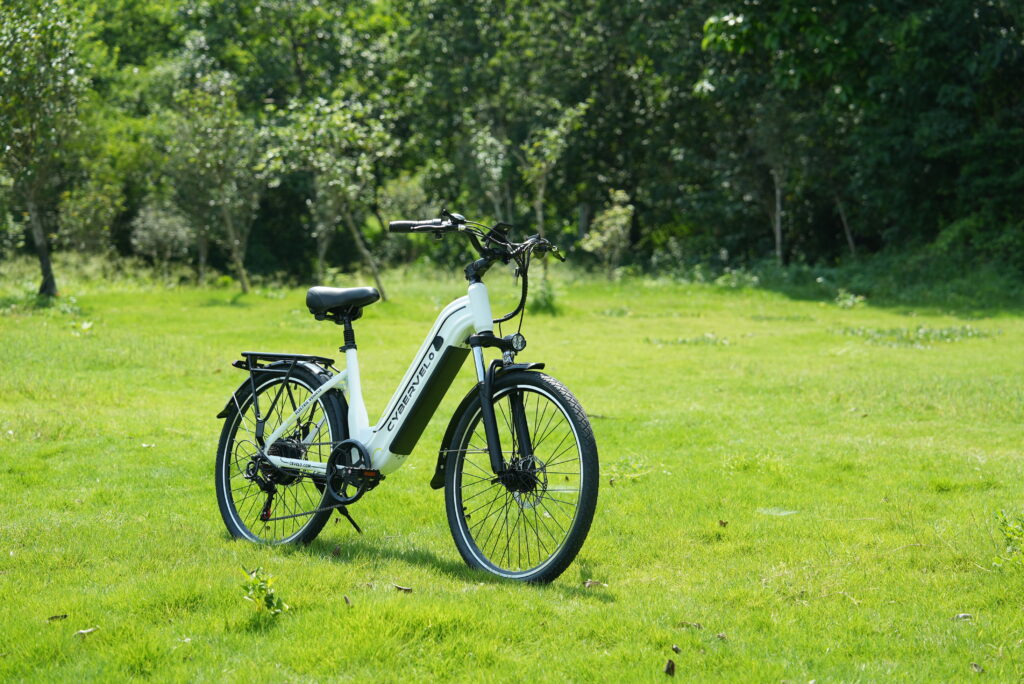Traveling internationally can be one of life’s most rewarding experiences. Exploring new cultures, tasting unique cuisines, and witnessing iconic landmarks create memories that last a lifetime. However, international travel also comes with its share of risks and challenges. From health concerns to safety threats, tourists must take proactive steps to protect themselves while abroad. Implementing effective travel safety measures ensures that your journey is both enjoyable and secure.
1. Research Your Destination Before You Go
Before booking your trip, spend time researching your destination. Understanding local customs, laws, and cultural norms can prevent misunderstandings and keep you out of trouble. Some countries have strict rules regarding dress codes, public behavior, or photography, which may seem trivial but can carry significant penalties if violated.
Additionally, check for travel advisories issued by your home country. These advisories provide critical information about political stability, crime rates, natural disasters, and health risks. Being informed allows you to plan accordingly and avoid areas that may pose a higher risk to tourists.
2. Keep Copies of Important Documents
Losing your passport, visa, or travel insurance documents can quickly turn a dream vacation into a stressful ordeal. Always carry digital and physical copies of your important documents. Store them separately from the originals, so if anything gets lost or stolen, you have backup copies ready.
Some travelers also scan their credit cards and identification and store them securely in cloud-based services. This ensures access to essential information in emergencies, whether for identity verification, medical care, or financial assistance.
3. Secure Your Belongings
Petty theft is a common issue in popular tourist areas. To reduce the risk of losing valuables, use anti-theft backpacks, money belts, or secure hotel safes. Avoid carrying large amounts of cash and use credit cards or digital payment apps whenever possible.
When out sightseeing, remain vigilant in crowded areas like markets, public transport hubs, and tourist attractions. Pickpockets often target distracted travelers. Staying aware of your surroundings is a simple but effective preventive measure.
4. Stay Connected
Maintaining communication with friends, family, or colleagues is essential while traveling. Share your itinerary with a trusted contact and check in regularly. Using local SIM cards or international roaming plans ensures you have access to phone and internet services wherever you go.
Additionally, familiarize yourself with local emergency numbers. Knowing how to contact police, fire, or medical services in advance can save valuable time during a crisis.
5. Prioritize Health and Hygiene
Illness can ruin a trip, so maintaining health and hygiene is critical. Wash your hands frequently, drink bottled water if tap water is unsafe, and follow local food safety practices. Some countries require vaccinations for entry, so consult your doctor before traveling.
It’s also wise to have a basic medical kit with essentials like pain relievers, bandages, antiseptics, and any prescription medications. Being prepared for minor health issues prevents small problems from escalating. For added convenience, some travelers opt for services like a doctor at hotel Dubai, which offers on-demand medical assistance without leaving the comfort of your accommodation. Such services provide peace of mind, especially for guests dealing with sudden illness or travel-related stress.
6. Purchase Comprehensive Travel Insurance
Travel insurance is often overlooked but can be a lifesaver. A robust policy should cover medical emergencies, trip cancellations, lost luggage, and other unforeseen events. While it may seem like an additional expense, the cost is minimal compared to potential medical bills or lost funds abroad.
Before purchasing insurance, read the policy thoroughly to understand coverage limits and exclusions. Some plans also include 24/7 assistance hotlines, which can guide you to nearby medical facilities, legal help, or travel support services.
7. Use Reliable Transportation Options
Transport safety is a critical aspect of international travel. Whether taking taxis, buses, or rental cars, ensure that the service you use is reputable. Research local transportation norms, including safety regulations and common scams targeting tourists.
If possible, pre-arrange airport transfers or use recognized ride-hailing apps. This reduces the risk of encountering unlicensed drivers or unsafe vehicles. For hotel guests, some accommodations offer professional drivers or shuttle services, providing an added layer of security.
8. Be Mindful of Your Surroundings
Situational awareness is one of the most important personal safety strategies. Avoid isolated areas at night, and trust your instincts if a situation feels unsafe. While traveling, observe the behavior of locals and other tourists, as it often gives clues about areas to avoid.
Travelers should also limit sharing real-time location updates on social media. Broadcasting your location publicly can make you a target for theft or scams. Instead, use private messaging for check-ins with friends and family.
9. Respect Local Laws and Regulations
Every country has its legal system, and what is permissible in one place may be illegal in another. Familiarize yourself with local laws regarding drugs, alcohol, photography, and social behavior. Ignorance is rarely accepted as a defense, so understanding these regulations beforehand can prevent serious legal trouble.
For example, in some countries, taking photos of government buildings or military sites is prohibited. Small infractions, such as jaywalking or littering, may also carry fines. Respecting these rules not only keeps you safe but also shows cultural sensitivity and respect for local communities.
10. Plan for Emergency Situations
Even with all precautions, emergencies can occur. Have a clear plan for dealing with natural disasters, medical emergencies, or criminal incidents. Identify nearby hospitals, police stations, and embassies. Keep emergency contacts easily accessible on your phone or in a travel wallet.
Some hotels now offer on-site medical professionals or services that connect guests with local doctors. For instance, a doctor at hotel Dubai can provide immediate consultation or treatment, ensuring that even unexpected health issues don’t disrupt your trip. Planning for such contingencies helps travelers remain calm and act quickly when needed.
11. Stay Informed About Local Conditions
Before and during your trip, monitor local news and travel advisories. Political unrest, extreme weather, or disease outbreaks can affect travel safety. Mobile apps, news websites, and social media channels from official sources can keep you updated. Adjusting travel plans or avoiding certain areas based on reliable information can prevent unnecessary risks.
12. Trust Your Instincts
Finally, one of the simplest yet most effective safety measures is to trust your instincts. If a situation feels wrong, leave immediately. Avoid risky behavior or overconfidence, and remember that no convenience or tourist attraction is worth compromising your personal safety.
Traveling internationally requires careful planning and awareness, but the rewards far outweigh the challenges. By researching your destination, securing important documents, staying healthy, and using reliable services, you can significantly reduce risks. Utilizing modern conveniences like on-site medical support, including a doctor at hotel Dubai, adds an extra layer of security. With these measures in place, you can enjoy a worry-free trip, fully immersed in the culture, sights, and experiences that make international travel unforgettable.



